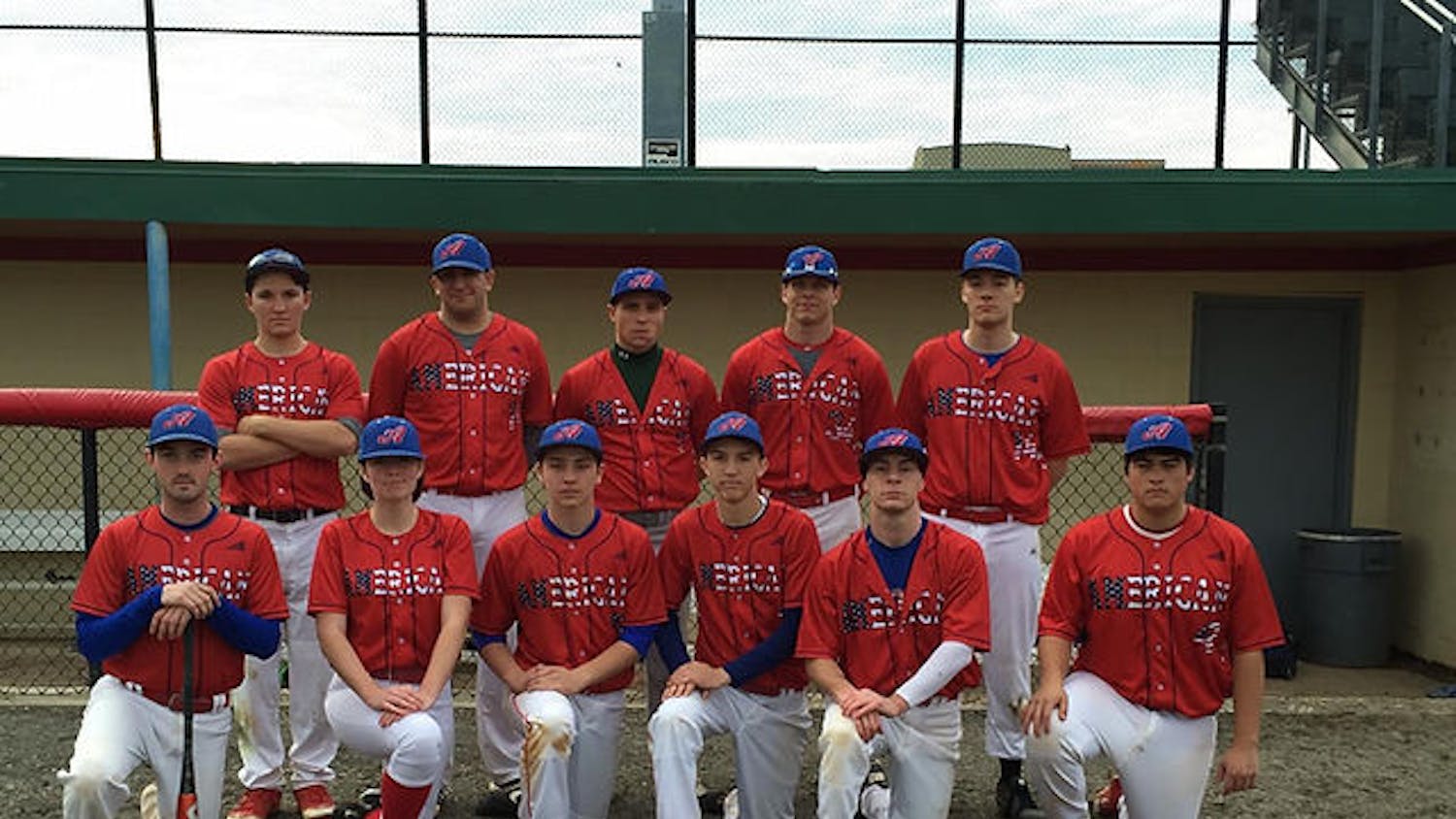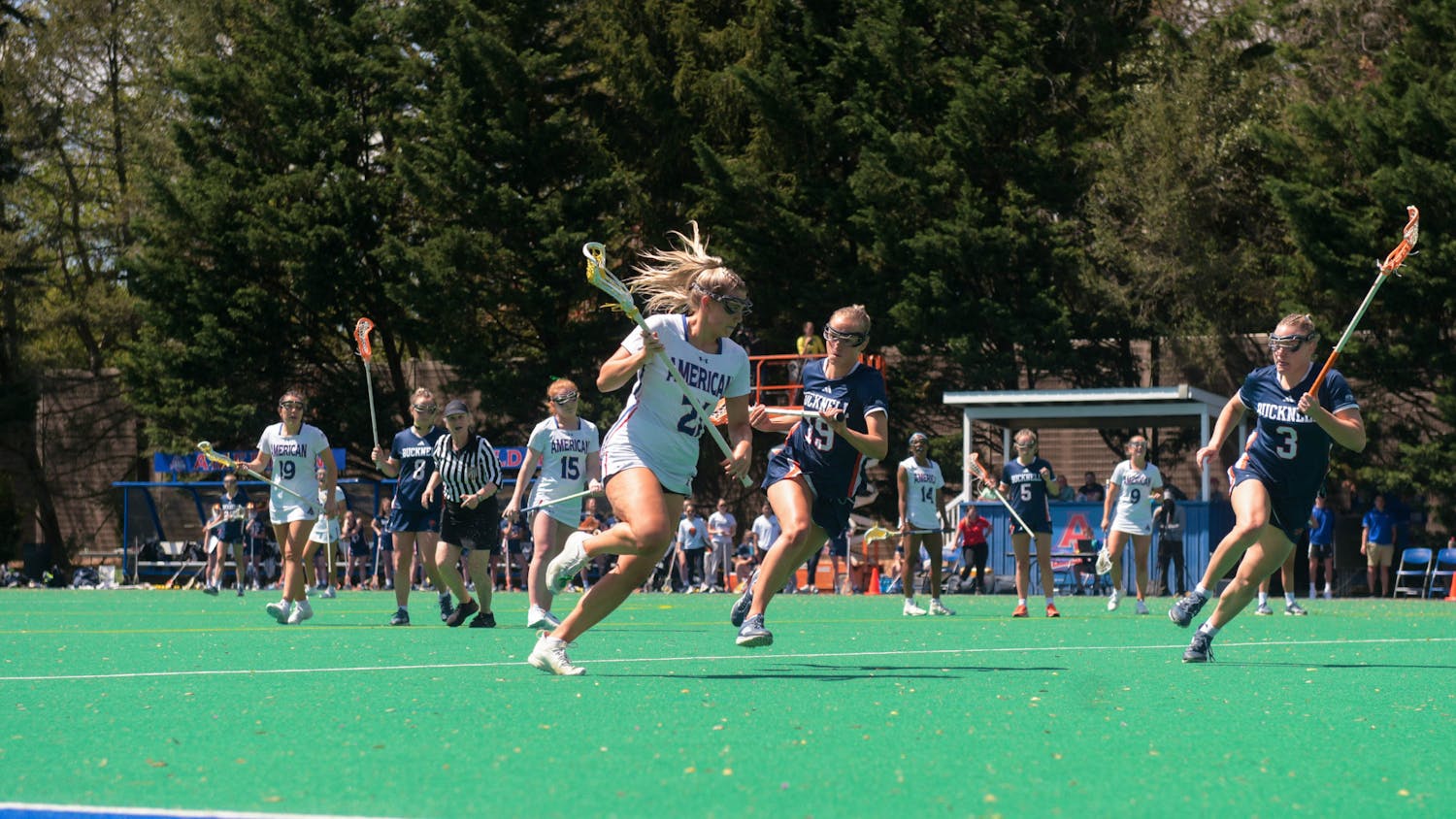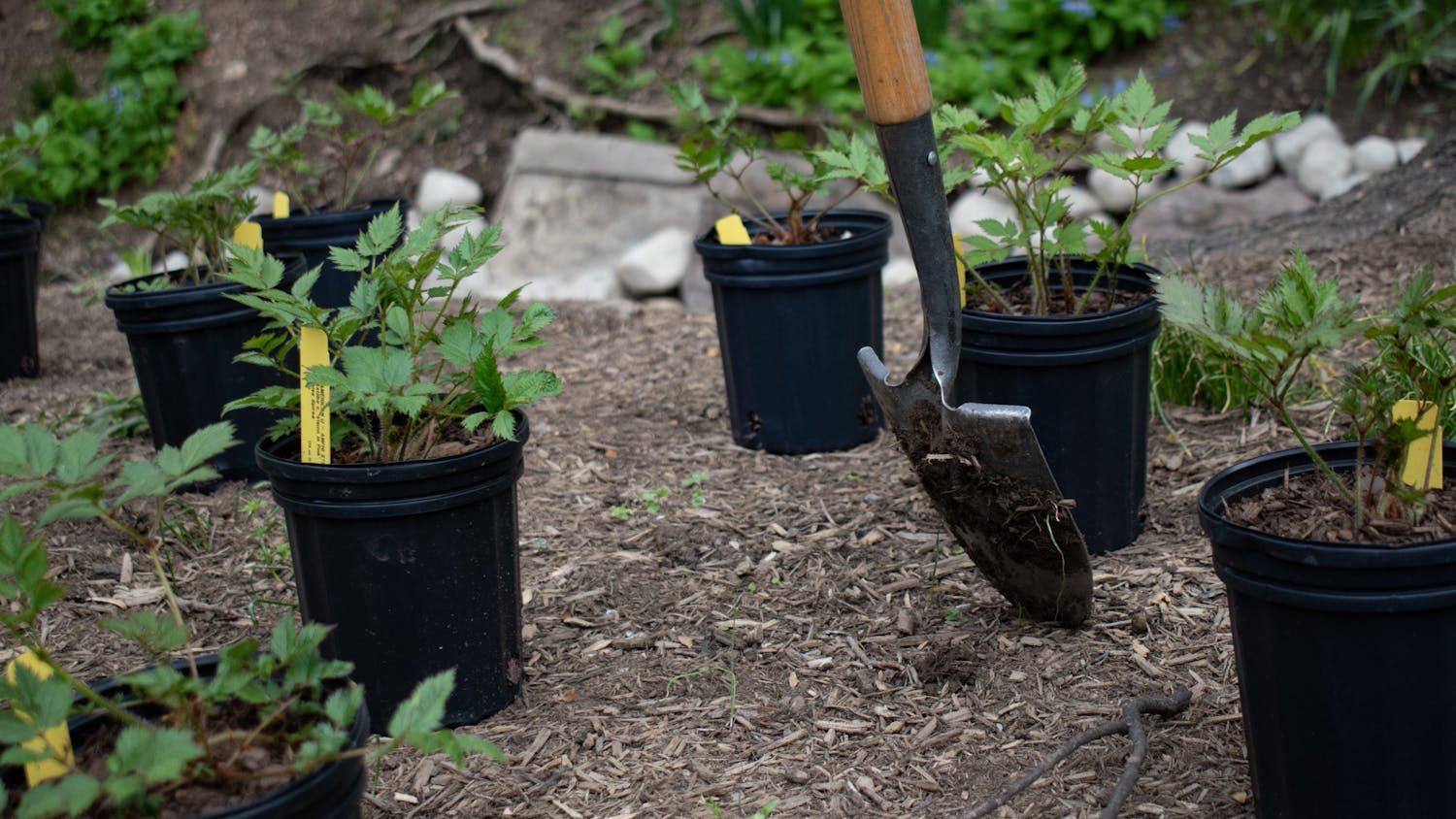Can the game of soccer change lives? A group of American University and University of Miami students tested that theory with a charity project we founded in 2015. This is the story of that initiative.
Sebastian Mendez, Martin Culver, Adrian Delgado, Cynthia Chiang and I turned our love of soccer into an assistance project for kids and teens in the war-torn West African country of Mali through a charity we created last year. I was drawn to the country since my parents work at the U.S. Embassy in the capital of Bamako and I interned with the U.S. Agency for International Development (USAID) in Mali last summer.
Mali has suffered tremendously since the conflict that arose in 2012 pitting al-Qaeda linked separatist groups in the north clashing with the government in the south. Most of the major fighting forces have since signed on for peace agreements, but recovery will take years. This is where our project came in.
We believe that one of the most effective ways of restoring community spirit that had been divided by Islamic extremists is through sports. Engaging in sports teams and competitions can channel vulnerable and potentially disaffected youth into healthy, cross community activity and away from time hanging out on the streets. In a country where extremists’ recruitment of teens is a real problem, positive engagement with youth is especially important.
For anyone skeptical about the use of soccer balls in rebuilding communities, there’s an academic term for the practice: “sports diplomacy.” The State Department even has an office dedicated to connecting young people around the world through sports, especially through the distribution of sports equipment and visits by U.S. athletes.
There is a real demand for soccer balls in Mali as well as in West Africa. I saw firsthand kids playing with “soccer balls” made out of empty plastic bottles or tightly wrapped plastic garbage bags. One Malian student named Timbo explained to me, “Kids are always playing with footballs if they can. But one of the problems is that these balls are so used, they only last a couple weeks. Then, they have to wait until they can afford a new one if it breaks.” Our campaign was meant to address this very problem.
To launch this project, we held fundraising events at American University and at the University of Miami. Our head of communications, Martin Culver, created and ran three online donation sites, explaining where individuals could contribute directly to our campaign in terms of money as well as through soccer balls. In total, we collected over 400 soccer balls. Throughout last year, we shipped the balls to Bamako, Mali and they were distributed all over the country.
The soccer balls we purchased and distributed are from a non-governmental organization (NGO) called One World Play Project (OWPP). They are incredibly durable, don’t require a pump and always return to their shape even if they are run over by a car or if they land on a pointed object. This resilience gives them the capacity to last for years, if not decades. They are perfect for rural schools and villages where there aren’t a wide variety of activities for children.
I travelled to Mali for six weeks this summer to distribute the soccer balls. I was also fortunate enough to intern in the Embassy Public Affairs Section, which supported my engagement in this personal outreach initiative. Public Affairs helped me connect with alumni of President Obama’s Young African Leaders Initiative (YALI), which nominates and sends for short-term training in the States exceptional young African leaders from multiple regions of the country. Through my connection with YALI alums, I was able to send over 80 balls to remote areas of the far north of Mali for use in schools and youth organizations.
I also coordinated with the USAID Office of Education to distribute soccer balls to schools in the Bamako area. The Office of Education was enthusiastic about the potential for this project, which they view as a chance to reinforce the capacity of schools in Mali. Schools in a number of areas of Mali remain closed due to insecurity and extremist threats, so projects that support Mali’s schools and community activities are extremely welcome.
Even U.S. Ambassador Paul Folmsbee, a sports enthusiast, got in on the action. When traveling on official business, the ambassador enjoyed stopping to chat with teens and kids along the way and was happy to share a number of our soccer balls with young people. He even brought balls to the largest camp holding 50,000 Malian refugees in neighboring Mauritania.
This project has been more successful than our most optimistic estimates. According to OWPP, one soccer ball usually impacts around 30 children. Using this calculation, we believe we were able to provide the opportunity for play to over 12,000 kids. I’m not sure the number of lives we’ve impacted is that high, but it is definitely in the thousands.
Launching a charity has been immensely rewarding for us as well as for the kids we help. While Collegiate Voice has existed for a little over a year, we have a clear goal and have been focused on addressing the singular issue of providing Malian youth the chance to play. We invite anyone reading this article to do what they can to benefit the lives of those around them. Obstacles often seem big and imposing until you challenge them.
Are we changing lives? We can’t be certain about the long-term impact, but we do know that our initiative has the chance to bring a degree of happiness and improve the spirit of teamwork and community to the kids receiving our soccer balls.
Based on our success in Mali, we hope to expand this project to the neighboring country of Burkina Faso in the next two years. Fundamentally, kids are the same all over the planet. Through our project we hope to bring joy and activity to the lives of these kids living in some of the roughest places on earth.




